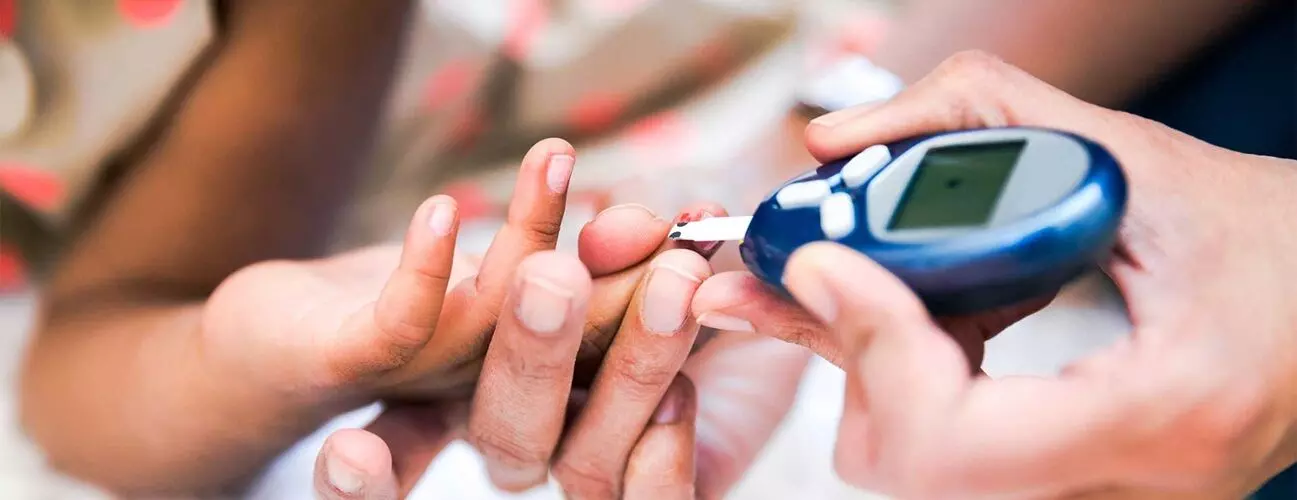Covid-hit children prone to faster onset of type 1 diabetes: JAMA study
Epidemiological studies have also reported an increased incidence of early onset of type 1 diabetes
By Neelambaran A
Representational Image.
New Delhi: Children who contracted COVID-19 are prone to faster onset of type 1 diabetes, a study published in the Journal of the American Medical Association (JAMA) has revealed.
The research has revealed that children despite being asymptomatic even in the early stages of type 1 diabetes, progressed quickly into the autoimmune condition.
Epidemiological studies have also reported an increased incidence of early onset of type 1 diabetes during and the couple of years following the pandemic, with islet cell autoimmunity being the predominant reason.
COVID-10 and its impact on children
Contracting COVID-19 from December 2019 to 2021 had a telling effect on the health of different sections of the population. The pandemic accounted for 5.33 lakh casualties, even as reports of unaccounted deaths emerged.
Another impact of the pandemic is on the children who were susceptible to type 1 diabetes.
Dr. Santhosh Kumar Routhu, chief intensivist and HOD of pediatric ICU, KIMS Cuddles, Vizag said, “Children with a history of COVID-19 infection have a quicker onset of type 1 diabetes mellitus (DM) which shows the usual symptoms. Epidemiological studies have identified such an increase”.
These children suffer from usual symptoms including excessive thirst, frequent urination, loss of weight, and severe weakness.
Infection increased the pace of damage
Type 1 diabetes is an autoimmune disorder and is not reversible. The condition occurs when the immune system attacks the insulin-producing cells and damages them, requiring insulin supply from outside.
“The COVID-19 infection increased the pace of damage to insulin-producing cells resulting in type 1 diabetes. Though a specific number is not available in India, several organizations have identified the increased cases”, Dr Leenatha Reddy J, consultant pediatric endocrinologist, Rainbow Children’s Hospital, Hyderabad said.
Such cases increased in 2021 and 2022, the two years following the pandemic, but have reportedly reduced now.
Islet cell autoantibodies are responsible
The islet autoantibodies are the primary reason for the onset of type 1 diabetes. The lack of insulin due to the autoimmunity has to be compensated by an external supply. Several advances in the identification of type 1 diabetes, with islet autoantibodies being the key marker.
“Islet cell autoimmunity is the predominant reason for type 1 diabetes in children and other age groups. Medical research in correlating the levels of islet autoantibodies and the type 1 DM can help with earlier identification of those at risk of developing the disease”, Dr Santhosh Kumar Routhu said.
More people can be antibody-positive
Islet antibody testing is one of the tests done to differentiate type 1 diabetes and diabetes from other causes. However, not everyone with type 1 diabetes is antibody-positive.
“Most individuals with type 1 diabetes are antibody positive, but there is a small percentage who can be antibody negative and still have type 1 diabetes”, Dr Leenatha Reddy said.